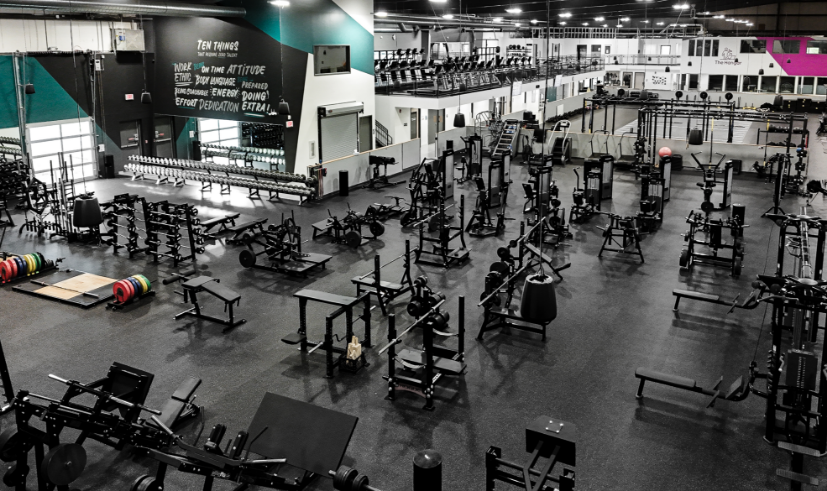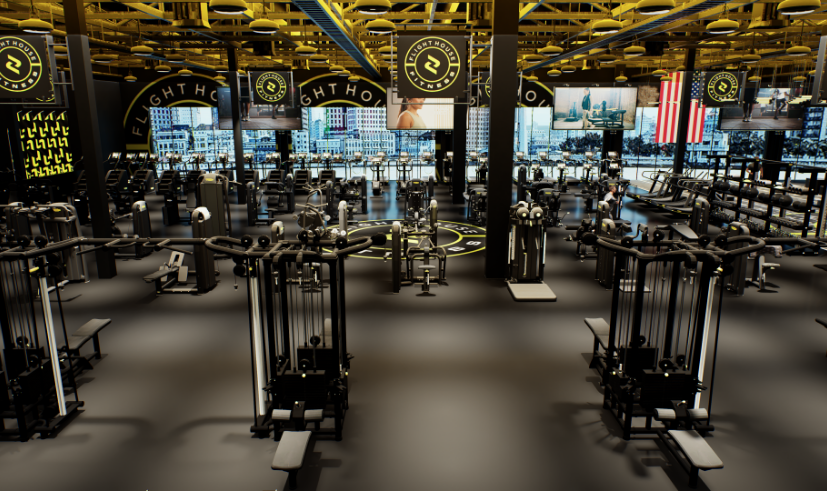The Ultimate Gym Experience
The Future of Fitness & Wellness

Flight House Fitness is not your average gym. New England has lagged behind in offering a truly world-class fitness experience for too long, and we’re here to change that. We’ve totally reimagined what a gym can be, from innovative strength and conditioning classes to our state-of-the-art open gym packed with the best equipment around. Whether you’re hitting the weights or focusing on recovery, we’ve got everything you need to reach your goals, your way.
Programs & Training Options


Open Gym

Class: Hybrid

Class: Lift

Private Training
Elite Open Gym
All Locations
Equipped with the best-in-class equipment and room to move, lift, and perform at your own pace, our gym environment is designed for both beginners and serious fitness enthusiasts alike.
Group Fitness
All Locations
Led by experienced fitness instructors, our group classes include LIFT, which builds strength through foundational movement patterns, and HYBRID, a dynamic blend of cardio and strength, in a station-based format.
Recovery Services
Charlestown, MA
Offering contrast therapy rooms (cold plunge & sauna), red light therapy and more, so you can work hard and recover easily.



